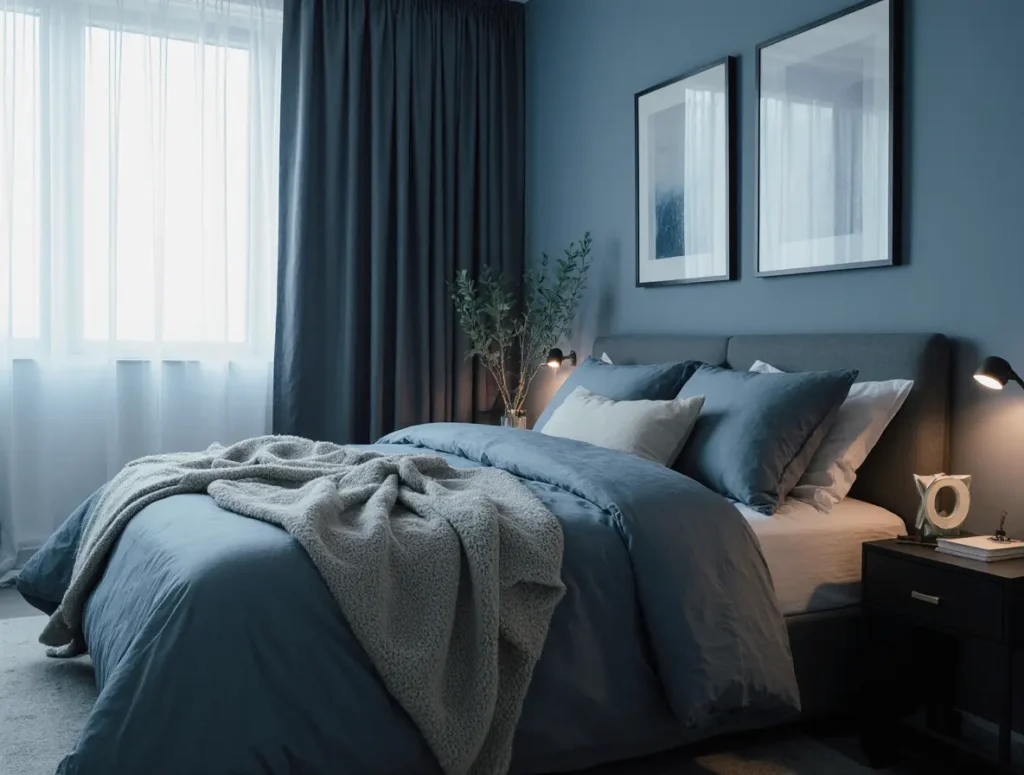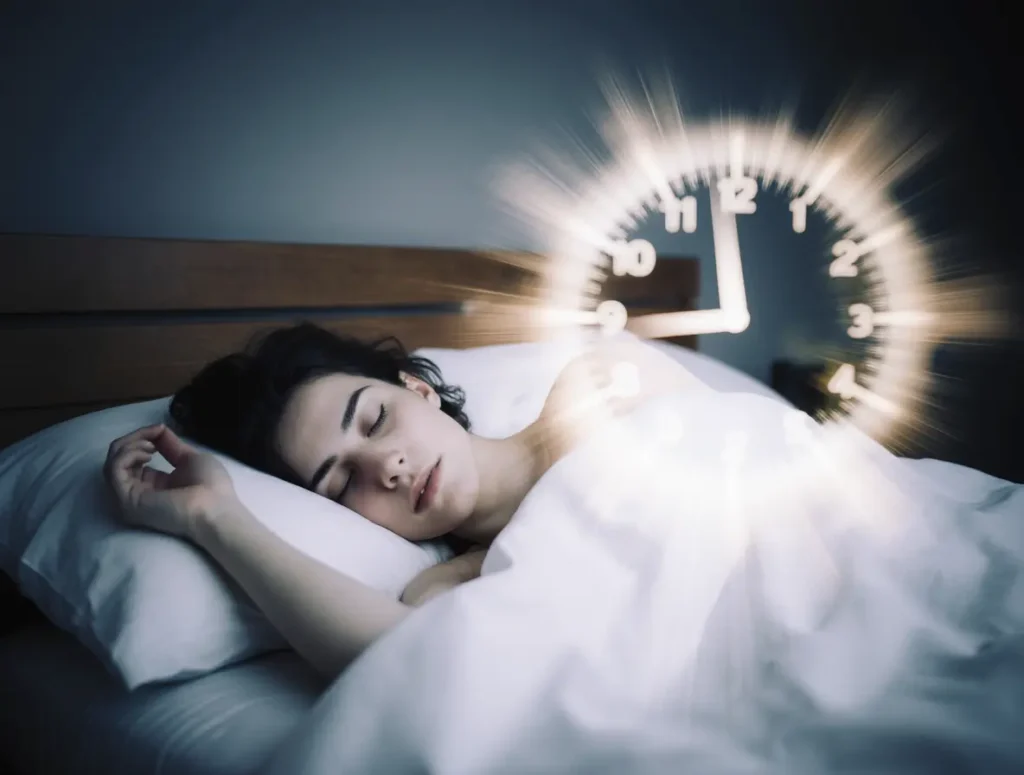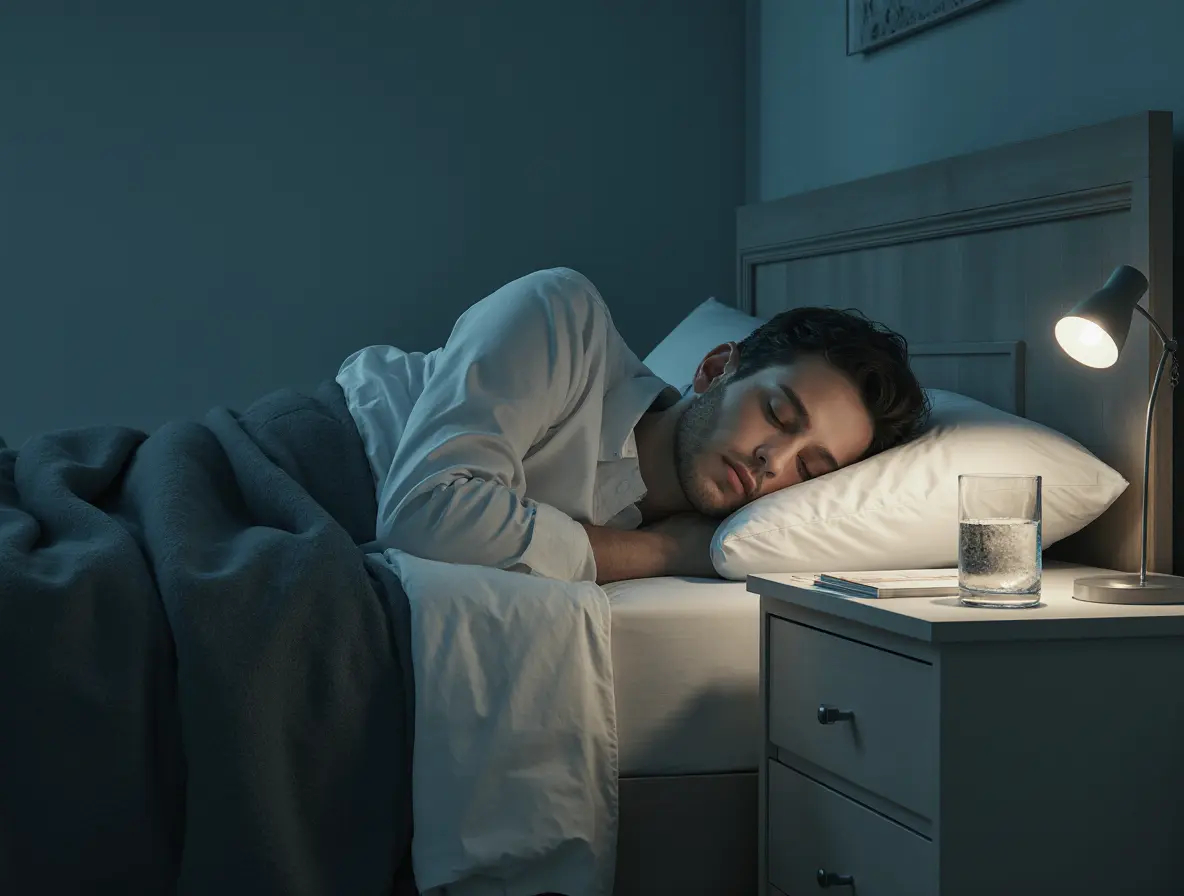Why We’re All Chasing More Sleep
Imagine waking up after just four hours in bed yet feeling like you slept a full eight. Sounds like a superpower, right? In today’s fast-paced world, sleep often feels like a luxury we can’t afford—but what if you could truly sleep better, not just longer?
This article dives deep into hacks, science, and mindset shifts that can help you maximize the quality of every precious hour you rest. Let’s explore how to wake up energized even when your schedule doesn’t allow for a full night’s sleep.
Table of Contents
The Truth Behind “Sleeping Less but Better”
It’s tempting to believe there’s a magic switch to condense eight hours of rest into four. The reality? Sleep isn’t only about quantity—it’s also about quality. The goal is to spend more time in the deepest, most restorative stages of sleep, so you feel truly refreshed.
Think of your sleep as charging a battery: leaving it plugged in longer isn’t always better if the charger is faulty. By improving how efficiently you sleep, you can get closer to feeling like you had a full night—even on tight schedules.
Experts like Dr. Matthew Walker, author of Why We Sleep, emphasize that while we can’t cheat biology, we can optimize our routine and environment to get deeper, more effective rest.
Master the Power Nap: Your Secret Sleep Weapon
Have you ever noticed how a short nap can transform your mood and focus? Strategic naps, especially polyphasic sleep, can mimic the benefits of longer sleep by splitting rest into shorter, deeper segments.
Here’s how to do it:
- Nap length: Aim for 20–30 minutes. Longer naps can make you groggy.
- Timing: Early afternoon naps are best. Too late can interfere with night sleep.
- Environment: Use a sleep mask, earplugs, or white noise to fall asleep faster.
A well-timed nap can feel like pressing the reset button on your brain, helping you get back hours of productivity without sacrificing your health.
Optimize Your Bedroom for Deep Sleep
Your bedroom should be a sleep sanctuary, not an extension of your office or living room.

Simple changes can boost sleep quality dramatically:
- Keep it cool: Around 65°F (18°C) is ideal.
- Eliminate light: Use blackout curtains or a sleep mask.
- Quiet space: Earplugs or a white noise machine can block distractions.
- Invest in comfort: A supportive pillow and quality mattress can make a world of difference.
Imagine trying to rest in a bright, noisy space—it’s like trying to meditate in the middle of a concert. By turning your bedroom into a peaceful retreat, you encourage your body to reach deeper sleep stages faster.
Hack Your Evening Routine for Better Rest
Your body loves predictability. Creating an evening ritual helps signal it’s time to wind down.
Try this routine:
- Unplug: Stop using screens at least 30–60 minutes before bed.
- Warm shower: Helps lower core body temperature afterward, encouraging sleep.
- Mindfulness or journaling: Calm racing thoughts before sleep.
- Light snack: Foods like bananas, almonds, or chamomile tea can naturally boost sleep hormones.
Think of this as a “landing strip” before sleep—without it, your mind may keep racing even after your head hits the pillow.
Use Breathing and Meditation to Fall Asleep Fast
Ever lay in bed staring at the ceiling, unable to switch off? Deep breathing and meditation can help quiet your mind and body quickly.
Popular methods:
- 4-7-8 breathing: Inhale for 4 seconds, hold for 7, exhale for 8.
- Body scan: Mentally “scan” your body from head to toe, relaxing each part.
- Guided meditation apps: Calm or Headspace can help, especially if you’re new.
It’s like turning down the volume on a noisy radio, making it easier to drift into sleep.
Leverage Diet and Supplements to Sleep Better
What you eat—and when—can have a huge effect on sleep quality.

Tips:
- Avoid caffeine after early afternoon.
- Limit alcohol: It may make you drowsy but disrupts deep sleep later.
- Magnesium-rich foods: Nuts, seeds, and leafy greens can relax muscles.
- Melatonin supplements: Can help occasionally but check with a doctor first.
Imagine your body as a garden: what you “plant” during the day affects how it rests at night.
Move During the Day to Sleep Better at Night
Daily physical activity is a proven way to improve sleep. Even 20–30 minutes of walking can help.
Best practices:
- Exercise earlier: Intense evening workouts may delay sleep.
- Consistency: Daily movement matters more than intensity.
Anecdotally, people who walk or do light yoga often report falling asleep faster and sleeping deeper.
Mental Strategies: Reframe Sleep Anxiety
Ironically, worrying about sleep often keeps us awake. Instead of chasing perfection, focus on what you can control:
- Don’t clock-watch: Checking the time increases stress.
- Accept imperfect nights: One rough night won’t ruin everything.
- Mindset shift: Value quality over quantity.
As sleep coach Nick Littlehales says, “It’s not about the hours you sleep—it’s about the cycles you complete.”
Conclusion: Quality Beats Quantity
While it may sound impossible to “sleep eight hours in four,” what truly matters is how deeply and efficiently you sleep. By tweaking your routine, bedroom, diet, and mindset, you can wake up feeling far more refreshed—even if your schedule is tight. Remember: better sleep isn’t magic—it’s a skill you can build.
FAQs
1. Is it really possible to feel rested on just four hours of sleep?
It’s challenging, but improving sleep quality can help you feel more alert even with limited time. It shouldn’t be a long-term habit, though.
2. Are polyphasic sleep schedules safe?
For some, yes. But it may disrupt natural circadian rhythms, so consult a doctor before trying it long-term.
3. Do sleep supplements work?
Some, like melatonin, can help occasionally. Always use them responsibly and consult a healthcare provider.
4. Can exercise close to bedtime harm sleep?
Intense workouts late at night may delay sleep. Opt for gentle stretching or yoga instead.
5. How long before bed should I stop using screens?
At least 30–60 minutes. Blue light can suppress melatonin, the hormone that helps you fall asleep.

